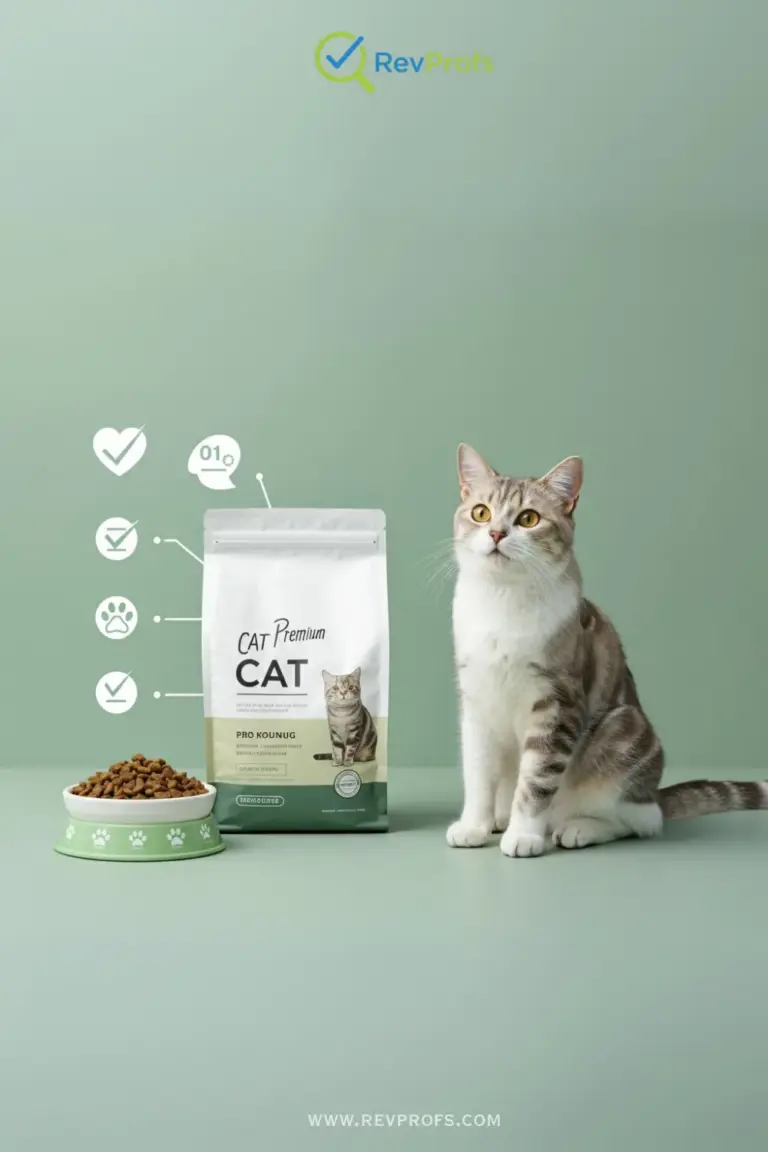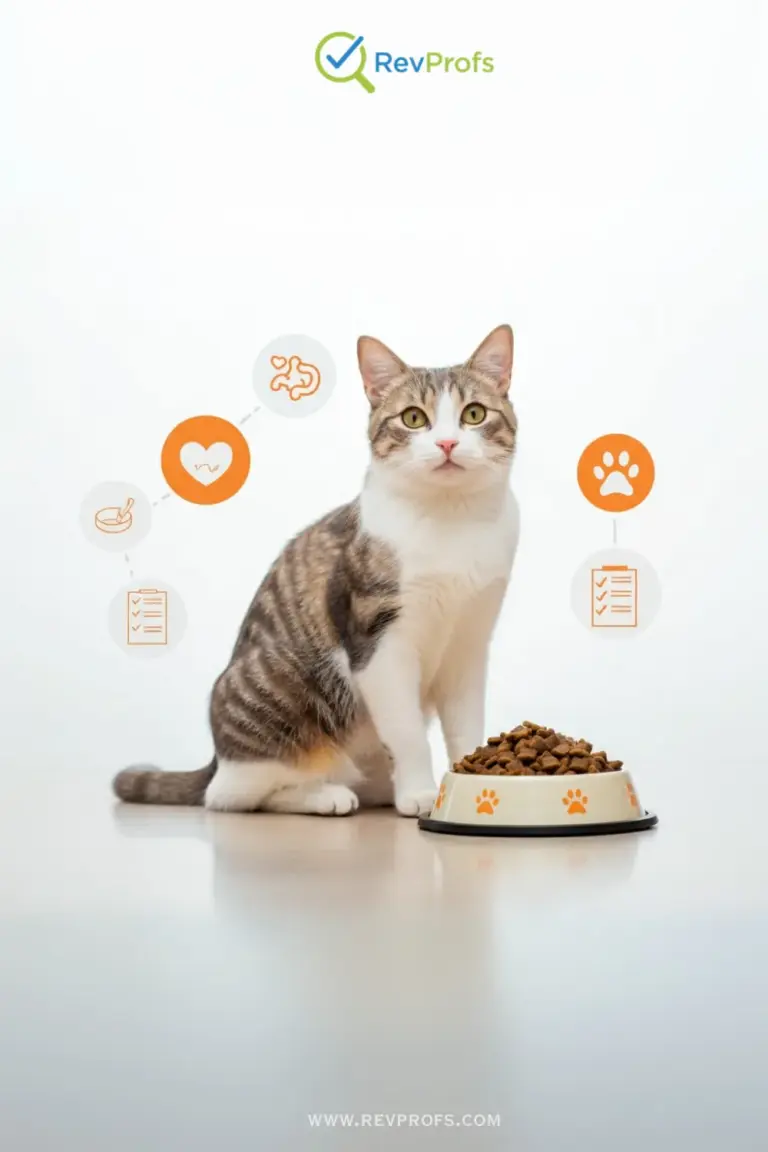Do Munchkin Cats Have 5 Key Health Issues?
Munchkin cats, with their uniquely short legs and playful personalities, have captured the hearts of many cat lovers. Their distinct look, however, is the result of a genetic mutation, which naturally leads to questions about their overall well-being. If you’re considering adding one of these adorable felines to your family, you might be asking: do munchkin cats have health issues? Understanding their specific health profile is a crucial part of responsible pet ownership. While many Munchkins live long and happy lives, their genetic makeup can predispose them to certain conditions. This guide will walk you through the common health concerns associated with this breed, helping you provide the best possible care for your short-legged friend.
Understanding Feline Dwarfism in Munchkin Cats
The defining feature of the Munchkin cat is its short legs, a condition known as achondroplasia, or feline dwarfism. This is a genetic mutation that affects bone growth, specifically in the long bones of the legs, while the head and torso remain a normal size. This is the same type of dwarfism seen in dog breeds like Dachshunds and Corgis.
It’s important to understand that this trait comes from a dominant gene. This means only one parent needs to carry the gene for there to be a chance of producing kittens with short legs. However, the gene is also what’s known as a “lethal gene.” If a kitten inherits the Munchkin gene from both parents, it will not survive to be born. Because of this, breeders do not breed two Munchkin cats together. Instead, they breed a Munchkin with a regular, long-legged domestic cat. This practice results in a litter where some kittens have short legs and others have long legs.
This genetic foundation is the very source of the munchkin breed controversy. Critics argue that intentionally breeding cats with a genetic mutation that affects their physical structure is unethical, as it could lead to a lifetime of health complications and discomfort. Proponents, on the other hand, argue that the cats are not in pain and can live full, active lives just like any other cat. They point out that the cats can run, jump, and play, though their jumping height is naturally more limited.
Do Munchkin Cats Have Health Issues?
The simple answer is yes, Munchkin cats can be prone to certain health problems, largely due to their unique body structure. While not every Munchkin will experience these issues, their short-legged stature puts them at a higher risk for specific skeletal and joint conditions. As a prospective or current owner, being aware of these potential munchkin cat health problems is the first step toward proactive care.
1. Lordosis in Cats
One of the most serious conditions associated with Munchkin cats is lordosis. This is a condition where the spine curves inward, causing the spine to dip down and put pressure on internal organs like the heart and lungs. While lordosis in cats can occur in any breed, some believe Munchkins may have a higher predisposition to it.
In severe cases, lordosis can be fatal as the organs don’t have enough room to grow and function properly. Kittens with severe lordosis often do not survive past a few months. In milder cases, the condition might not be noticeable or cause significant problems.
Symptoms to watch for include:
- A visible swayback or dip in the spine.
- Difficulty breathing or lethargy.
- An unwillingness to play or move around.
If you notice any of these signs, it’s essential to see a veterinarian right away. While there is no cure for lordosis, supportive care can help manage the symptoms and improve your cat’s quality of life.
2. Pectus Excavatum
Another skeletal issue that can affect Munchkin cats is pectus excavatum. This is a congenital deformity where the sternum (breastbone) and ribs grow abnormally, causing the chest to be flattened or concave rather than convex. This condition is sometimes referred to as a “funnel chest.”
Similar to lordosis, pectus excavatum cats can experience serious complications because the deformity puts pressure on the heart and lungs. This can restrict their function and lead to breathing difficulties and heart problems. The severity can range from mild, with no clinical signs, to severe and life-threatening.
Symptoms of pectus excavatum include:
- A visibly flat or caved-in chest.
- Rapid breathing or shortness of breath.
- Coughing or gagging.
- Poor appetite and failure to gain weight.
In severe cases, surgery may be recommended to correct the deformity and relieve the pressure on the internal organs. This is most effective when performed on young kittens while their bones are still developing.
3. Cat Osteoarthritis
Any cat can develop arthritis as they age, but the unique body structure of a Munchkin cat may increase its risk. Cat osteoarthritis is a degenerative joint disease where the cartilage that cushions the joints wears down over time. This leads to pain, inflammation, and reduced mobility.
For Munchkin cats, the concern is that their short legs and long spine could create abnormal stress on their joints and back. Think of it like a bridge with supports that are too short for its length—it puts extra strain on the entire structure. Over time, this added stress can contribute to the earlier onset or increased severity of osteoarthritis, particularly in the spine and leg joints. This is a key concern related to short-legged cat health.
![]()
Signs of osteoarthritis in cats can be subtle, so watch for:
- Reluctance to jump up or down from furniture.
- Difficulty using stairs.
- Stiffness, especially after waking up.
- Decreased activity or grooming.
- Irritability when being petted or handled.
If you suspect your cat has arthritis, your vet can help. Treatment often involves a multi-faceted approach, including weight management, joint supplements (like glucosamine), pain medication, and environmental modifications to make your home more accessible for a less mobile cat.
4. Mobility Issues
While Munchkins are surprisingly agile, their short legs do impose some physical limitations. They can’t jump as high as their long-legged counterparts, which is something to keep in mind when setting up your home. You might want to provide pet stairs or ramps to help them access their favorite high spots, like the couch or your bed.
Their mobility can be a double-edged sword. While their enthusiasm for play is endearing, their conformation may make them more prone to joint injuries if they attempt jumps that are too ambitious. It’s important to encourage safe play and provide plenty of enrichment on the ground level to keep them happy and engaged without risking injury.
5. Obesity
Weight management is crucial for all cats, but it is especially important for Munchkins. Because of their long spine and short legs, carrying extra weight puts significant strain on their back and joints. Obesity can dramatically increase the risk and severity of osteoarthritis and other mobility problems.
It’s easy to overfeed a cat, especially one as charming as a Munchkin. However, maintaining a lean body condition is one of the most effective things you can do to protect their long-term health. Work with your veterinarian to determine the right type and amount of food for your cat based on their age, activity level, and overall health. Resisting the urge to give in to their pleas for extra treats will pay off in the form of a healthier, more comfortable life for your pet.
How to Keep Your Munchkin Cat Healthy
While the list of potential health issues might seem daunting, many Munchkin cats live perfectly healthy lives with the right care. Being a proactive owner is key.
- Choose a Reputable Breeder: If you decide to get a Munchkin, find a breeder who is transparent about their practices and prioritizes health. They should screen their breeding cats for known genetic issues and be willing to answer all your questions.
- Regular Vet Check-ups: Schedule annual or semi-annual wellness exams with your veterinarian. These visits are crucial for catching potential problems early, when they are most treatable.
- Maintain a Healthy Weight: This is perhaps the most critical factor in preventing joint and back problems. Feed a high-quality, portion-controlled diet and avoid letting your cat become overweight.
- Create an Accessible Environment: Make your home Munchkin-friendly. Provide ramps or steps to high furniture to reduce the strain of jumping.
- Encourage Safe Play: Engage your cat with interactive toys that encourage running and pouncing on the ground level, rather than high-impact jumping.
- Monitor Their Mobility: Pay close attention to how your cat moves. If you notice any signs of stiffness, limping, or reluctance to move, consult your vet promptly.
By understanding the unique needs and potential munchkin cat health problems, you can provide a supportive and loving environment that helps your cat thrive. Their special build requires special attention, but for many owners, the joy these charismatic cats bring is well worth the extra care.
Ready for the Next Step?
Your pet's journey doesn't end here. Explore our expert guides to ensure they get the best care at every stage.
Puppy & Dog Care
From choosing the right food to understanding their behavior, our dog care guides cover everything you need to know.
Explore Dog GuidesGear & Product Reviews
Find honest, in-depth reviews on the latest pet gear, from smart collars to durable toys, and make informed decisions.
See All Reviews

